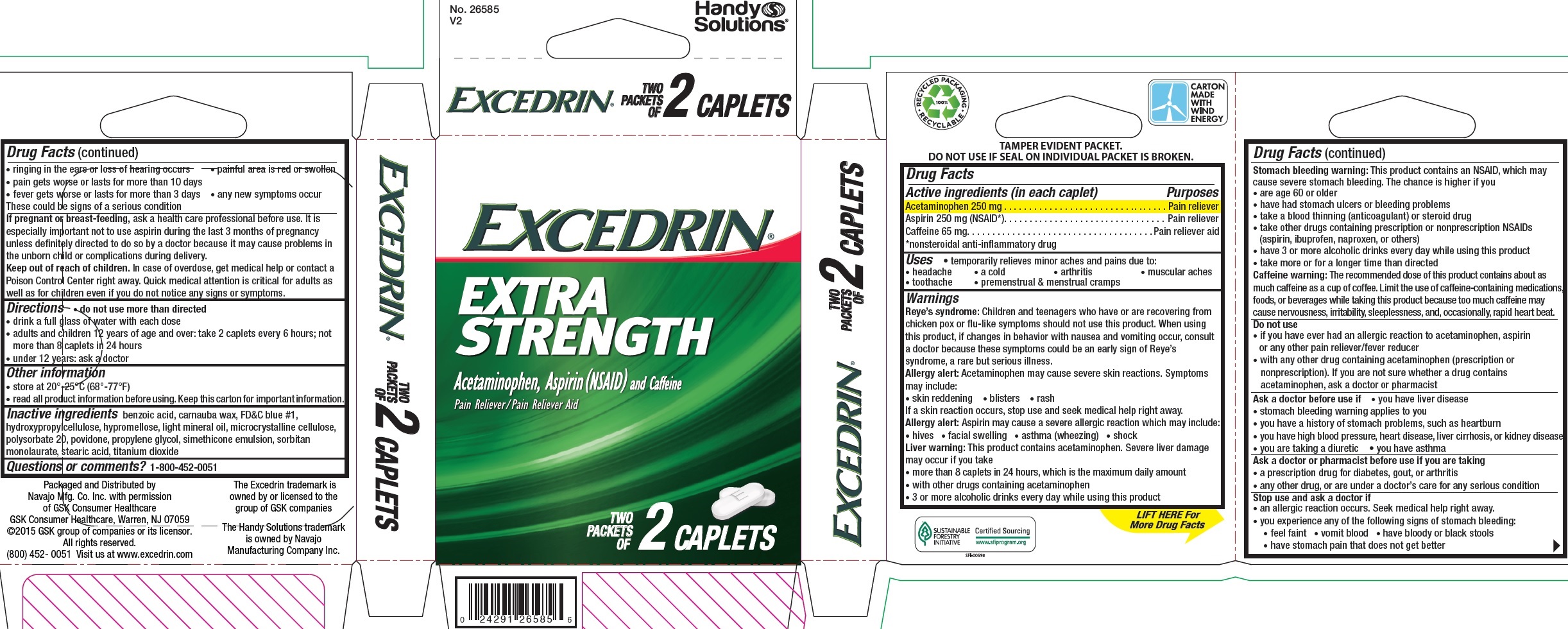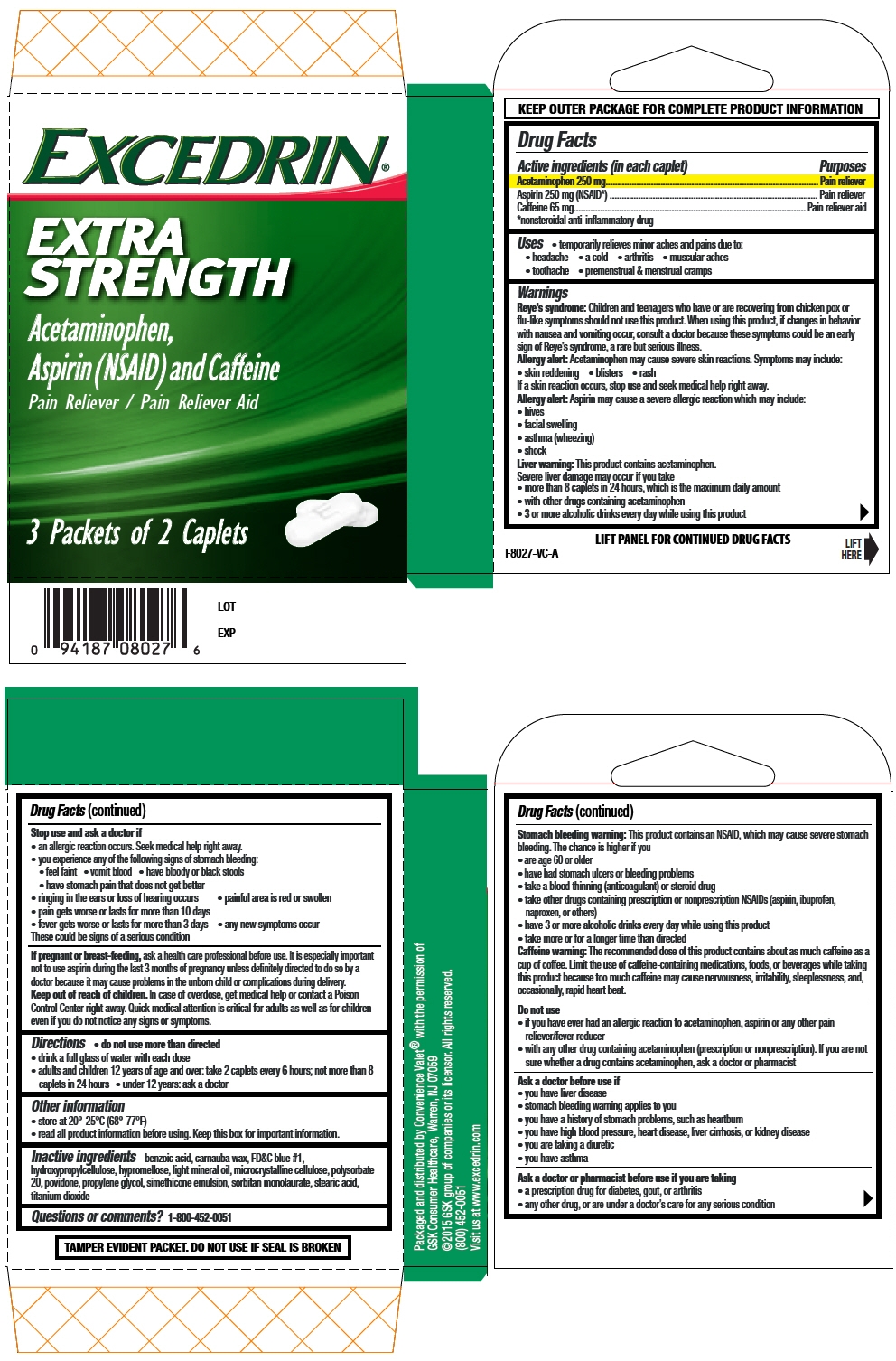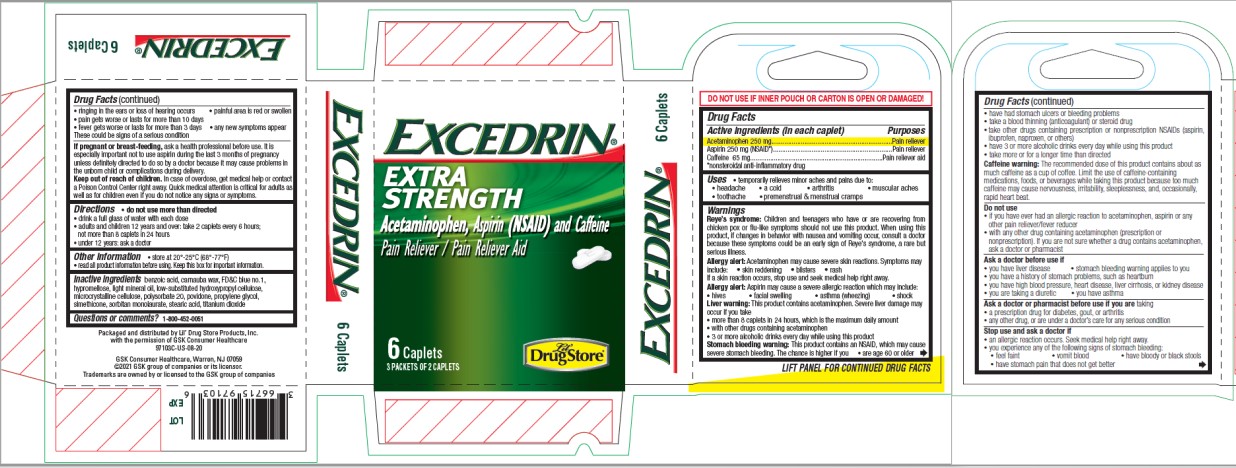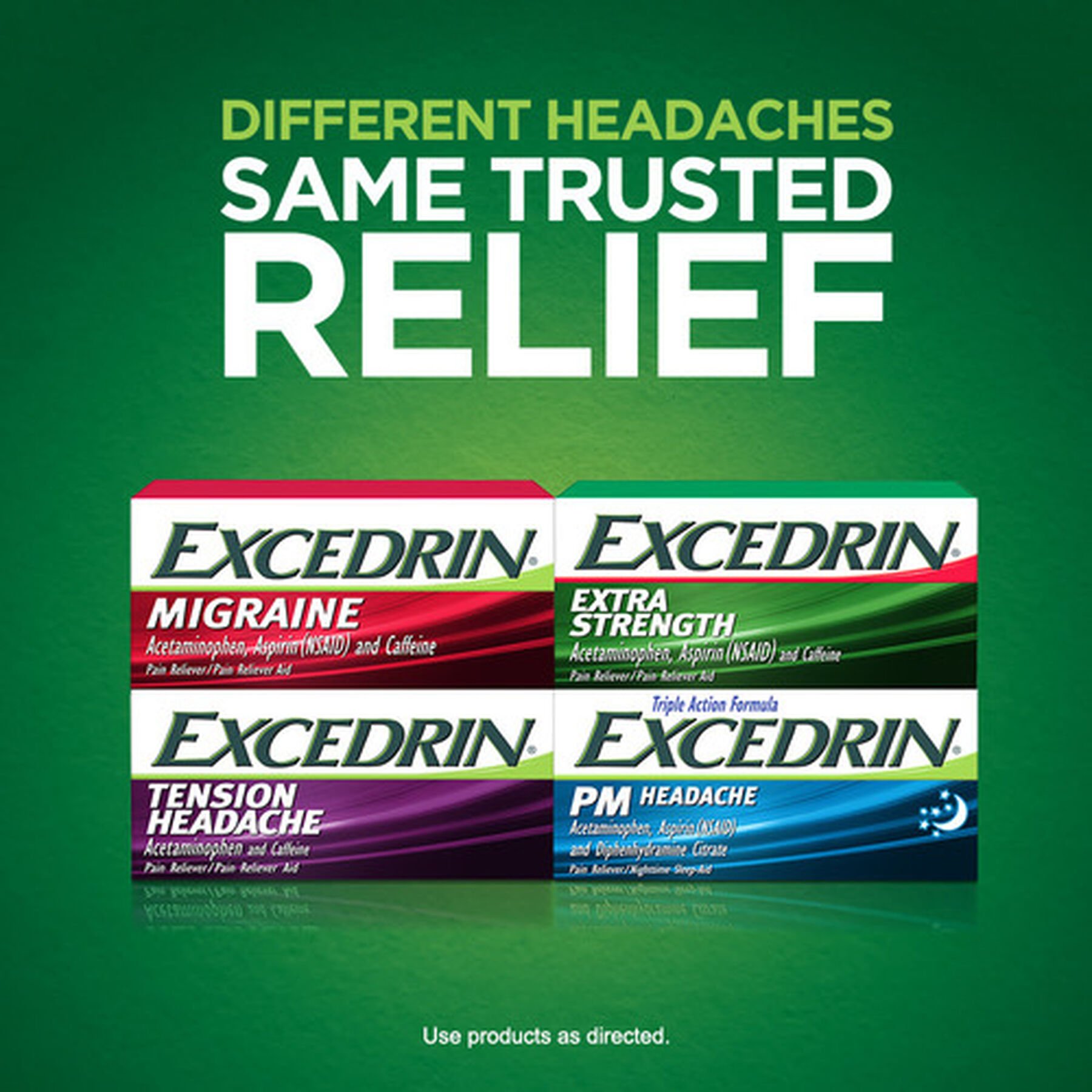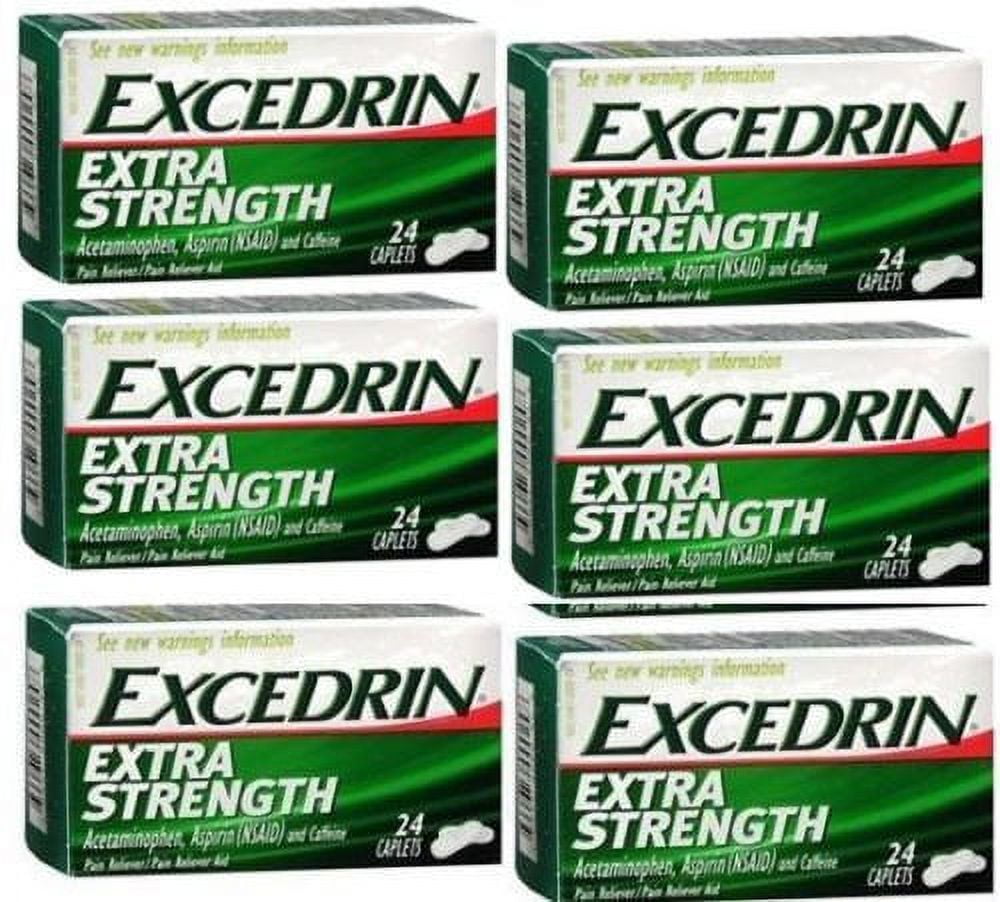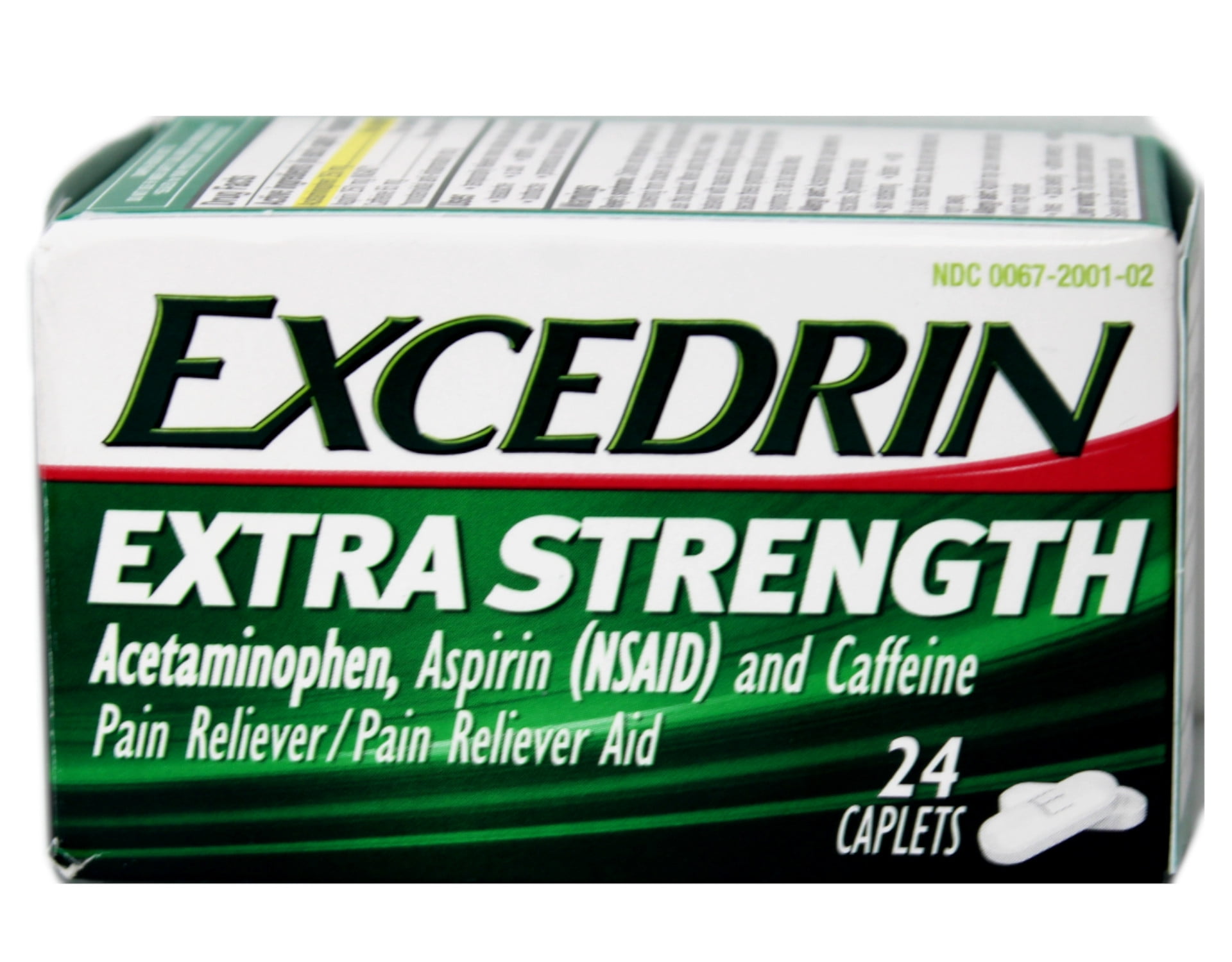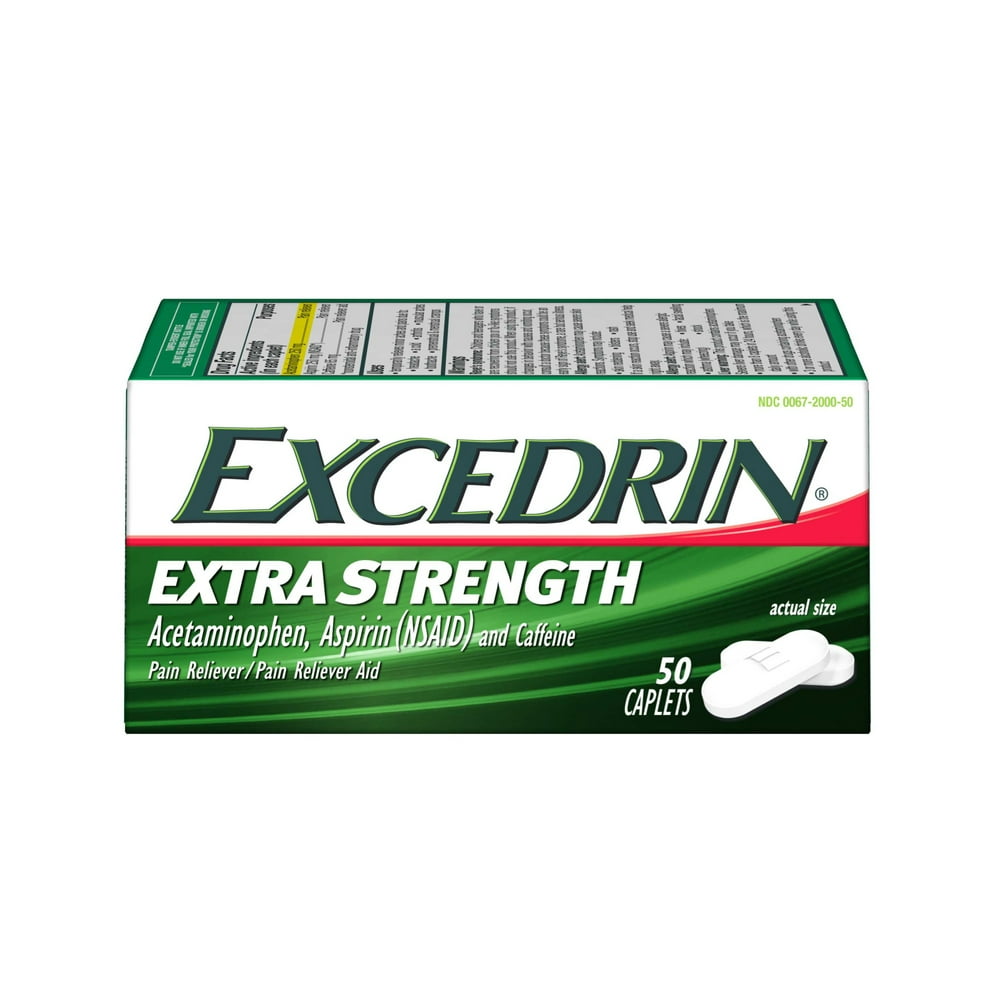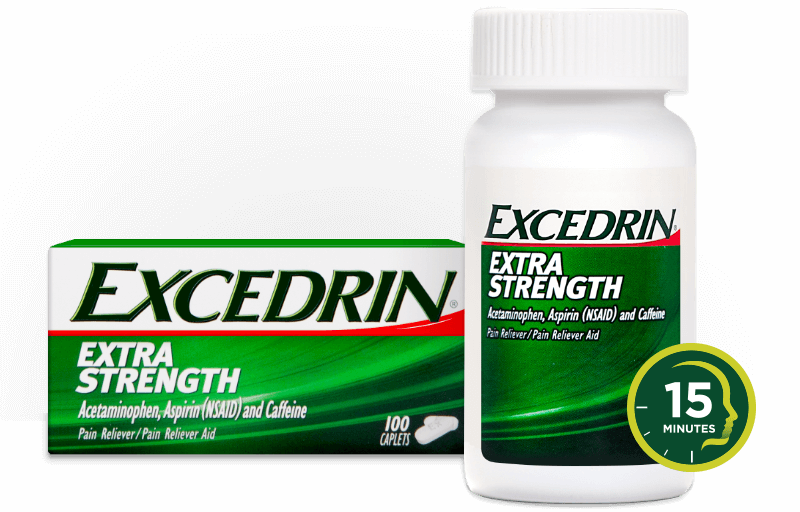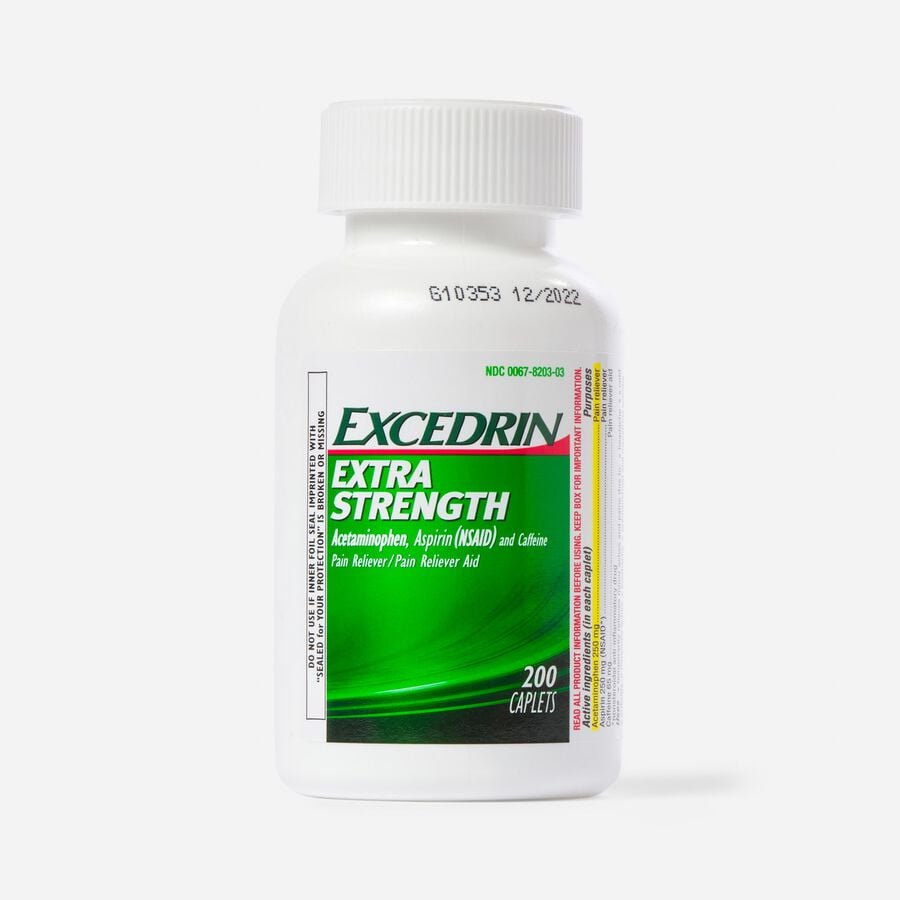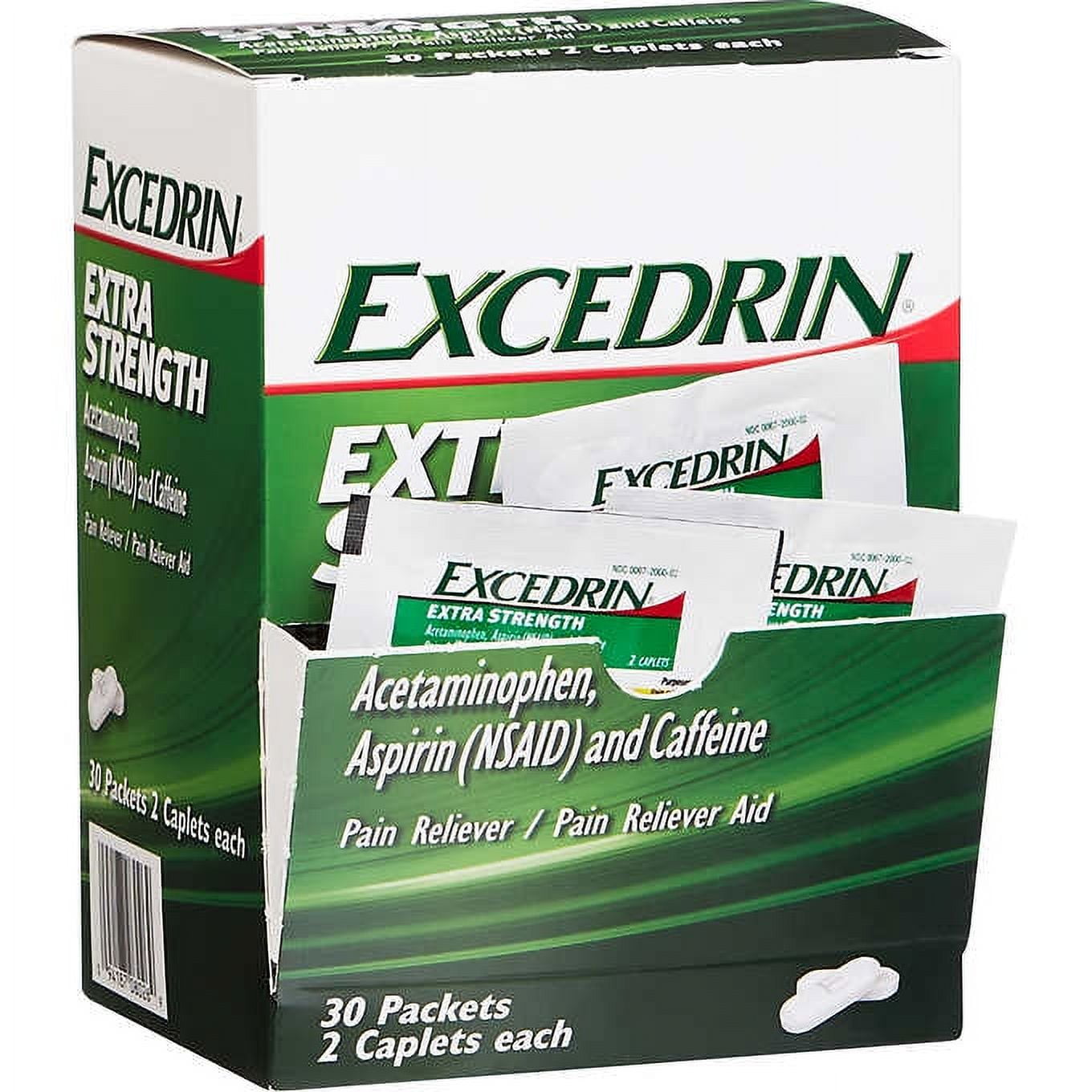How Many Excedrin Extra Strength To Take

For those grappling with a throbbing headache or persistent migraine, Excedrin Extra Strength offers a readily available over-the-counter solution. However, understanding the correct dosage is crucial to ensure its effectiveness while minimizing potential health risks. Taking too much can lead to serious side effects.
This article examines the recommended dosage of Excedrin Extra Strength, potential risks associated with exceeding the recommended dose, and alternative pain management strategies. It aims to provide readers with the information necessary to make informed decisions about their health. Responsible usage is paramount.
Understanding the Recommended Dosage
The standard recommended dose for Excedrin Extra Strength is two caplets every six hours as needed for pain. Do not exceed eight caplets in 24 hours. This dosage is clearly printed on the packaging and in the accompanying product information.
This dosage recommendation applies to adults and children 12 years of age and older. It is important to follow these guidelines closely.
Why is the Dosage Important?
Excedrin Extra Strength contains three active ingredients: acetaminophen, aspirin, and caffeine. Each of these ingredients has its own set of potential risks and side effects when taken in excessive amounts.
Overdosing on acetaminophen can lead to severe liver damage, which may require a liver transplant or even result in death. Aspirin can cause gastrointestinal bleeding and other complications. Caffeine can contribute to anxiety, insomnia, and heart palpitations.
According to the U.S. Food and Drug Administration (FDA), it is essential to be aware of all medications you are taking to avoid accidental overdoses of acetaminophen. Many over-the-counter and prescription medications contain acetaminophen. Checking all labels is necessary.
Potential Risks of Overdosing
Exceeding the recommended dosage of Excedrin Extra Strength can have serious consequences. These include liver damage, stomach bleeding, and caffeine-related side effects.
Symptoms of an overdose may include nausea, vomiting, stomach pain, sweating, and confusion. Severe cases can result in coma and death. If you suspect an overdose, seek immediate medical attention.
The National Institutes of Health (NIH) emphasize the importance of following dosage instructions carefully. They also advise consulting with a healthcare professional if you have any concerns or pre-existing medical conditions.
Alternative Pain Management Strategies
While Excedrin Extra Strength can be effective for relieving headaches and migraines, it's not the only option. Several alternative pain management strategies can be considered.
These include lifestyle changes such as regular exercise, stress management techniques, and adequate sleep. Other over-the-counter pain relievers, such as ibuprofen or naproxen, may also be effective. Consulting with a doctor is recommended.
Non-pharmacological approaches like applying ice packs, engaging in relaxation exercises, or receiving massage therapy can also provide relief. Chronic pain may require more comprehensive treatment plan developed with healthcare professional.
Conclusion
Excedrin Extra Strength can be a helpful tool for managing pain. Always adhere to the recommended dosage of two caplets every six hours, not exceeding eight caplets in 24 hours.
Understanding the potential risks associated with exceeding this dosage is crucial. Seeking medical advice from a doctor or pharmacist is necessary, especially if you have underlying health conditions or are taking other medications.
Responsible use of Excedrin Extra Strength, along with awareness of alternative pain management strategies, empowers individuals to make informed choices about their health and well-being. Prioritize your health and safety.
